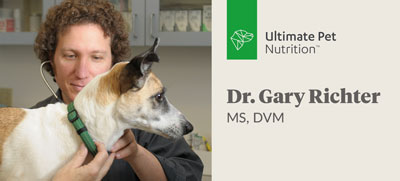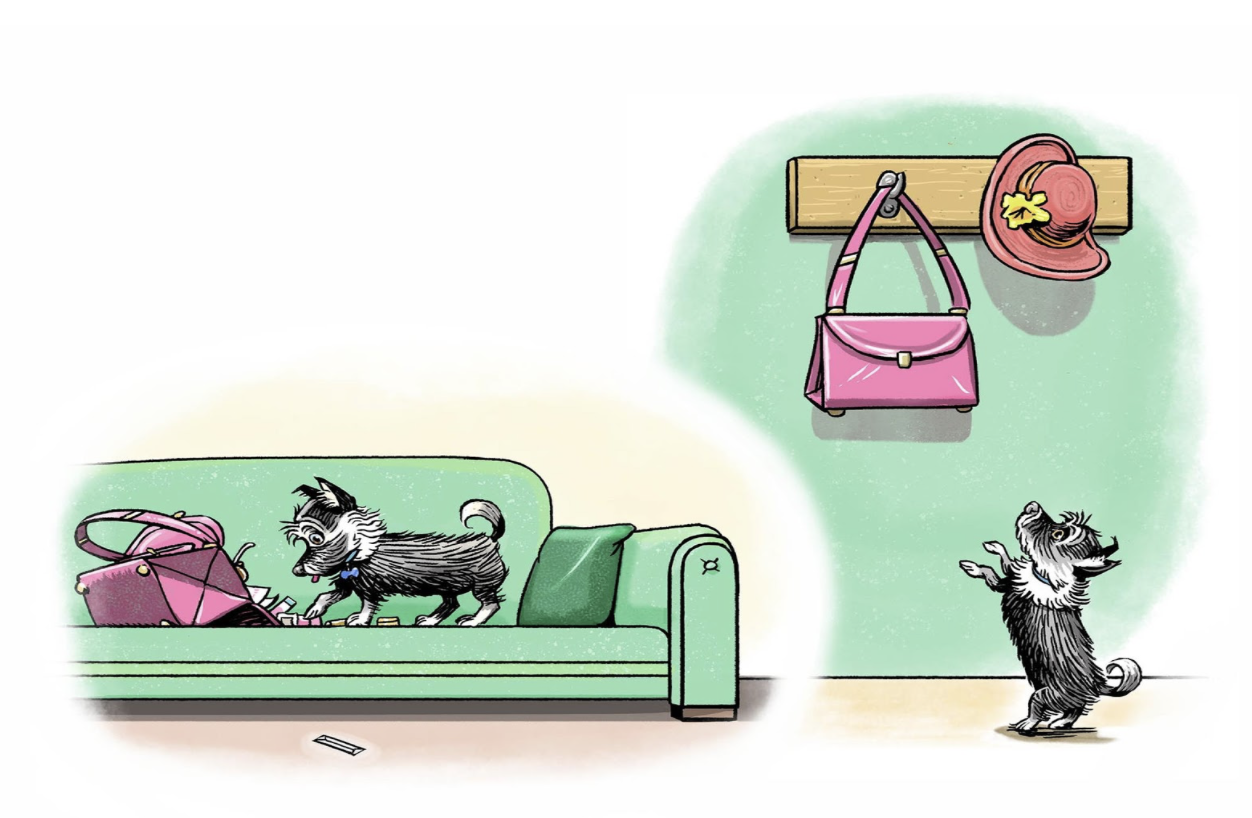Keto Diet - Warning
KETO WARNING MUST READ!
WARNING / DISCLAIMER : STATEMENTS on this website have not been evaluated by the FDA.
The products and information offered both on the website and on any packaging labels or advertisements but not limited to within this website, are not approved to diagnose, treat, cure or prevent disease. The information provided within this website is for informational purposes only and is not intended as a substitute for advice from your physician or other health care professional. This also applies to any and all of our packaging to KETO-TO-GO products herein and future products coming soon.
You should ALWAYS consult with a licensed health care professional before starting any diet, exercise or supplementation program, before taking any medication, or if you have or suspect you might have a health problem.
Any food items or other products sold on this website are not sold as drugs and are not intended to either treat, cure or prevent a disease or injury. The information collected and shared on this website are not intended to be a substitute for professional medical advice. Results may vary. ALWAYS consult your doctor or licensed medical professional for a complete list of indications, warnings, precautions, adverse effects, clinical results and other important medical information. You should not use any information obtained from this website to diagnose or treat a health problem, injury or disease without consulting with a qualified health professional first!
A Ketogenic diet must not be embarked upon lightly and should not be done without the supervision of a doctor or medical professional like a dietician working with your doctor. The Ketogenic Diet is not compatible with certain drugs and certain physical conditions and could result in serious side effects or even death. You MUST confirm with your doctor if the Ketogenic Diet or Ketogenic foods or snacks are the right path for you. Our boxed weekly meal plan can only be sold with a prescription from a licensed medical professional. If you don’t have one, please see our website for supervising medical community for help. Videos and articles posted on this website are the opinions and ideas of others and are presented in an informational way only. They are in no way meant to diagnose, treat or recommend that you, the reader, embark upon a Ketogenic Diet, they are for study purposes only. Do NOT construe any words, videos or images on this website as medical advice. Medical advice can only be given by a licensed health care professional who has had a chance to personally observe you and understands your issues and objectives.
WARNING: KETOGENIC MEALS AND SNACKS, while usually benign, can produce adverse reactions in some people. Extreme Nutritional Dietary Changes can interact adversely with other supplements and with prescription drugs or can make prescription drugs ineffective or may boost their potency. As with prescribed drugs, long-term effects from KETOGENIC MEALS AND SNACKS (due to high fat content) are often unknown. Women who are pregnant or nursing should NEVER go on a KETOGENIC DIET unless directed by their healthcare providers. Parents should not provide a KETOGENIC DIET to their children or teens except after consultation with their healthcare provider. All and any portion amounts must be under the supervision and direction of your healthcare provider. If you observe adverse effects, stop taking eating the food immediately and contact your healthcare provider. If you are under age 18, you may not purchase this product from us and you may not lawfully view this website without permission and supervision of a parent. ALWAYS CONSULT WITH A LICENSED HEALTH PROFESSIONAL BEFORE EMBARKING UPON A KETOGENIC DIET!
The information on this website does not endorse any Ketogenic Foods or Diet as safe, effective, or approved for treating any patient or health condition. This is only a brief summary of general information about this type of food product and diet. It does NOT include all information about the possible uses, directions, warnings, precautions, interactions, adverse effects, or risks that may apply to this diet or diet foods. The information presented on this website is not specific medical advice directed towards you the reader, and does not replace information you receive from your health care provider. You must talk with your healthcare provider for complete information about the risks and benefits of using Ketogenic Foods or the Ketogenic Diet.
There are certain individuals who should NOT embark upon The Ketogenic Diet.
If you have any of the below conditions or suspect that you might have any of these conditions below (you should check with your doctor first to be sure?) do NOT under any circumstances attempt to do this diet as serious consequences could occur!
I personally don’t know what any of these are, but warnings I have read online sound serious so please take the right precautions!
BELOW is quoted from: http://www.ketogenic-diet-resource.com/support-files/who-should-not-follow-a-ketogenic-diet.pdf
“Individuals with the following medical conditions should NOT undertake a ketogenic diet:
- Carnitine deficiency (primary)
- Carnitine palmitoyltransferase (CPT) I or II deficiency
- Carnitine translocase deficiency
- Beta-oxidation defects
- Mitochondrial 3-hydroxy-3-methylglutaryl-CoA synthase (mHMGS) deficiency
- Medium-chain acyl dehydrogenase deficiency (MCAD)
- Long-chain acyl dehydrogenase deficiency (LCAD)
- Short-chain acyl dehydrogenase deficiency (SCAD)
- Long-chain 3-hydroxyacyl-CoA deficiency
- Medium-chain 3-hydroxyacyl-CoA deficiency
- Pyruvate carboxylase deficiency
- Porphyria
(Note that most of these conditions are identified early in life although porphyria can develop at any time.)
Talk to your doctor about implementing a Ketogenic Diet if you have any of these additional conditions listed below:
- History of pancreatitis
- Active gall bladder disease
- Impaired liver function
- Impaired fat digestion
- Poor nutritional status
- Gastric bypass surgery
- Abdominal tumors
- Decreased gastrointestinal motility; this may be in conjunction with conventional cancer treatment and associated drugs
- History of kidney failure
- Pregnancy and lactation
WARNING ABOUT XYLITOL! (We don't use it, but many other "KETO" companies do!) PLEASE READ YOUR LABELS AND PROTECT YOUR PRECIOUS DOGGIE COMPANIONS!
See a note from Dr. Gary Richter below - his notes about XYLITOL and your dog(s).
 |
|
|

